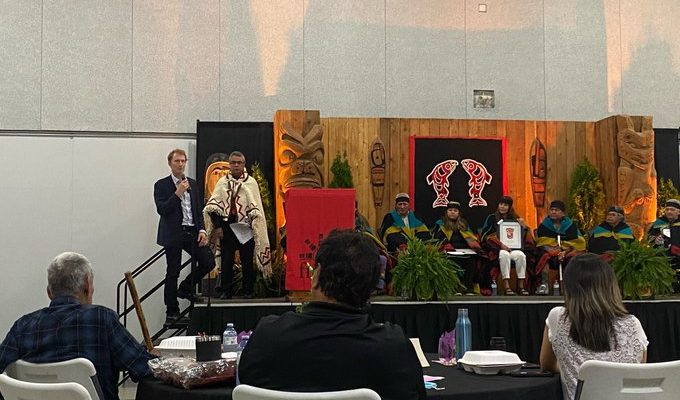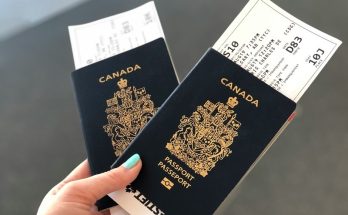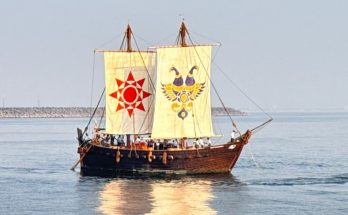Vancouver/CMEDIA: Four First Nations—Cowichan Tribes, Lil’wat Nation, ʔaq’am, and Seabird Island—were recognized for concluding self-government agreements regarding education on their lands and celebrated at Seabird Island today.
“Today is a historic day for First Nation learners in British Columbia..and Seabird Island communities. Control over Indigenous education, led by Indigenous Peoples..this achievement in strengthening..delivery of culturally relevant primary and secondary education,” said Marc Miller, Minister of Crown–Indigenous Relations..
The four First Nations now have recognized law-making authority over their Kindergarten-Grade 12 education systems, through their signed education jurisdiction agreements with Canada including authority over teacher certification, school certification, graduation requirements, curriculum, and course approvals.
“It has been a long journey to assert our own governance in education…taking an important step to asserting our rights as Indigenous peoples,” has said Stephanie Atleo, President of the First Nations Education Authority in a news release.
Patty Hajdu, Minister of Indigenous Services said that the signing of these Education Jurisdiction Agreements will transform the way First Nations students learn
“The recognition of First Nations education jurisdiction will have long-lasting and meaningful benefits for youth in First Nations schools. I thank the four Participating First Nations for their ground-breaking work and I look forward to working with the newly established First Nations Education Authority,” said Aaron Burgess, President of the First Nations Schools Association.
Realizing First Nations’ right to establish and control their education system and institutions s a significant milestone towards achievement as affirmed by the United Nations Declaration on the Rights of Indigenous Peoples and as recognized under section 35 of the Constitution Act, 1982.
The event also celebrates the establishment of the First Nations Education Authority (FNEA), which will assist Participating First Nations in providing education on First Nation land. two directors appointed by each of the Participating First Nations would comprise the board of the newly established FNEA,
The completed education jurisdiction agreements are landmark agreements that facilitate the four Participating First Nations to make decisions and pass laws in the best interests of their learners and support them to control their education on their lands instead of being subject to changes in federal policy.
For over two decades, First Nations in British Columbia have been working collectively to advance their control over education through the education jurisdiction initiative.
“Education jurisdiction is about providing a culturally relevant and excellent education…I commend all of the First Nations who have been involved in the education jurisdiction process for their strength of vision and perseverance,” said Tyrone McNeil, President of the First Nations Education Steering Committee and member of Seabird Island First Nation
A policy and advocacy organization, First Nations Education Steering Committee (FNESC) representing First Nations in BC has provided a broad range of support to First Nations pursuing education jurisdiction.
#FourBCFirstNations; SeabirdIslandCelebration; #Education





